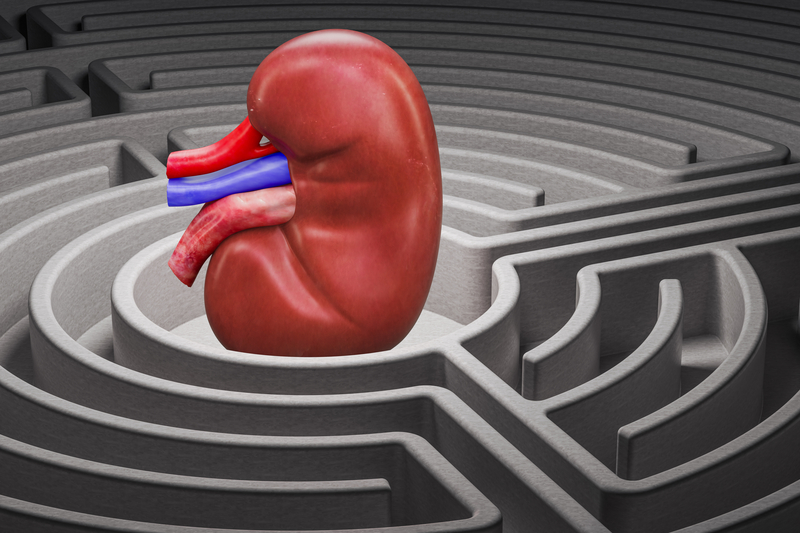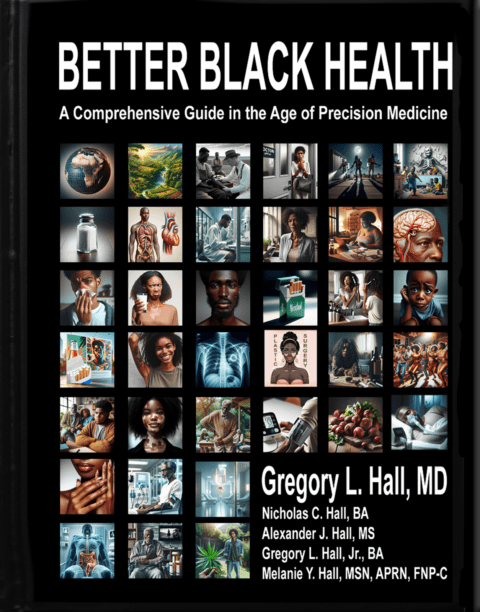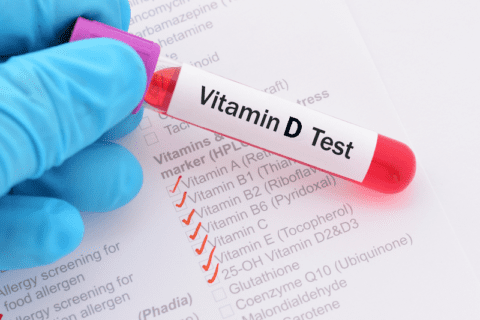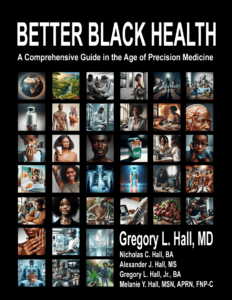Kidney disease in African Americans is one the most dramatically different occurrences of a disease, and results in significant suffering and death. Generally, kidney disease is the result of diabetes and high blood pressure, and given the increased number of both of these in African Americans, there is a six to twelve-fold increased occurrence compared to whites. Additionally, there is a 17-fold greater rate of high blood pressure as a cause of kidney failure in African Americans. If you have high blood pressure or diabetes, or both, your risk for kidney failure resulting in needing dialysis is MUCH higher if you are African American.
Having diabetes and high blood pressure that is controlled on medications almost erases this increased risk. This is why it is critical that if you have high blood pressure, you should take medication to bring it down. If you have diabetes, you should make sure your blood sugars are controlled because if you don’t, your risk of needing dialysis is very high.
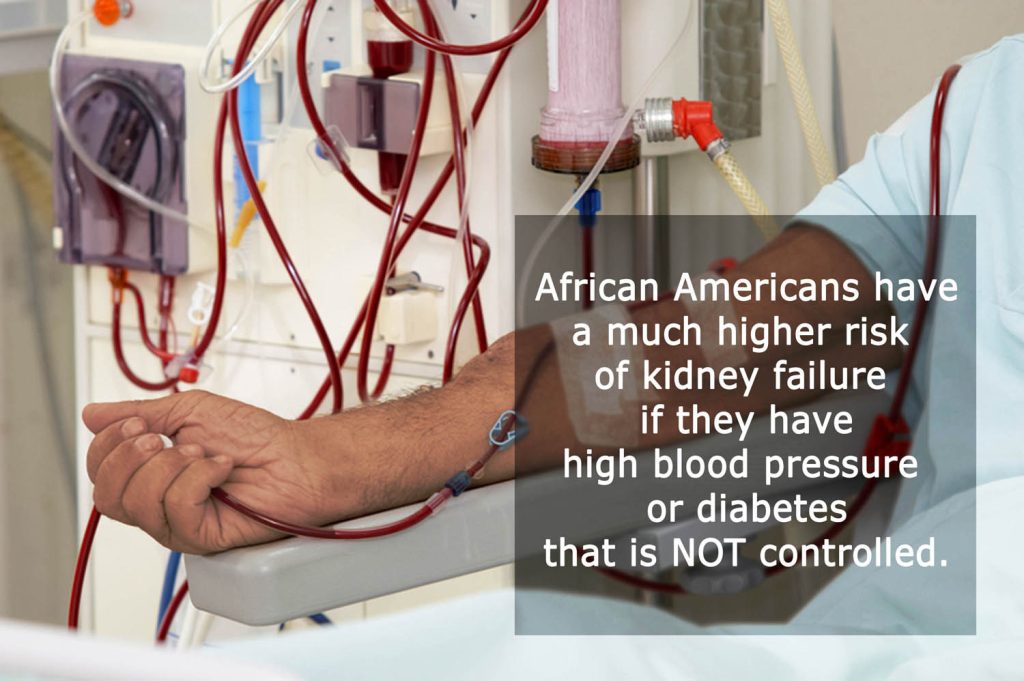
Risk for Requiring Dialysis is High
While African Americans are 13 percent of the general population, we make up 35 percent of all patients on chronic dialysis. Diabetes as the leading cause of kidney failure and high blood pressure is the second most common cause.
Not having medical insurance or access to medical facilities and the increased number of people with high blood pressure contribute greatly to kidney disease in African Americans. Having high blood pressure but being on the wrong medications can contribute as well.
Well designed studies have failed to fully account for the excess proportion of kidney disease in Blacks. Anatomically, despite equivalent age, blood pressure, and other factors, African Americans tend to have reduced kidney blood flow. Despite similar dietary salt intake, the kidney’s processing of bodily fluids are somewhat different in African Americans compared to whites. Reducing salt in your diet can greatly improve health.
A Possible Genetic Cause?

Some of the increased risk for kidney disease in African Americans is attributed to a genetic variant (APOL1) found in more than 30% of African Americans and largely absent in white Americans. It is thought that this gene offered protection from African Sleeping Sickness (a frequently deadly disease known in medical circles as African trypanosomiasis) that was carried by the Tsetse fly. Basically, having this gene gave protection from the African Sleeping Sickness and was beneficial in African regions where the tsetse fly lived.
Scientists believe that the increased risk for kidney disease seen in African Americans is equal to the increased occurrence of the same gene that offered protection from the deadly African Sleeping Sickness.
Obesity Can Lead to Kidney Problems Too
In addition to these genetic differences, researchers also suspect that increased obesity in African Americans is driving up kidney disease. They found that as your BMI (Body Mass Index is calculated based on your weight and height) gets higher, the risk for kidney problems increases.
With all of the kidney disease in the African American community, there is one last bit of curious news. African Americans have a better survival rate on dialysis than white Americans. This paradox of improved survival in African Americans after initiation of dialysis has puzzled researchers. Researchers at the Wake Forest School of Medicine suggest that the improved survival may also be due to the very gene that causes the problem . . . the APOL1 gene. In this case the APOL1 gene gives protection against hardening of the arteries while on dialysis.
Here’s What You Need To Do
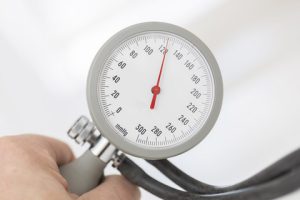
Kidney disease in African Americans can be a confusing topic to understand, and there is a lot to consider.
The most important points are:
- If you have high blood pressure, take your medicine and watch your salt intake so that your pressure stays normal. That will allow your kidneys to stay normal.
- If you have diabetes, take your medicine and watch your diet so that your blood sugars stay normal.
- Watch your weight because the bigger you are, the higher your chance of kidney disease.
